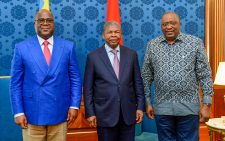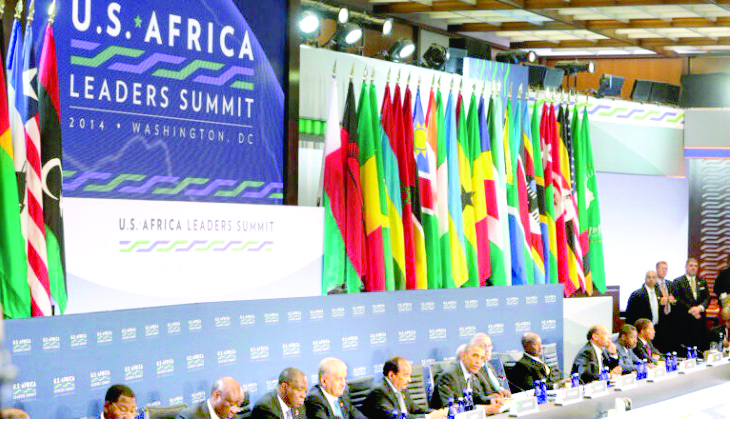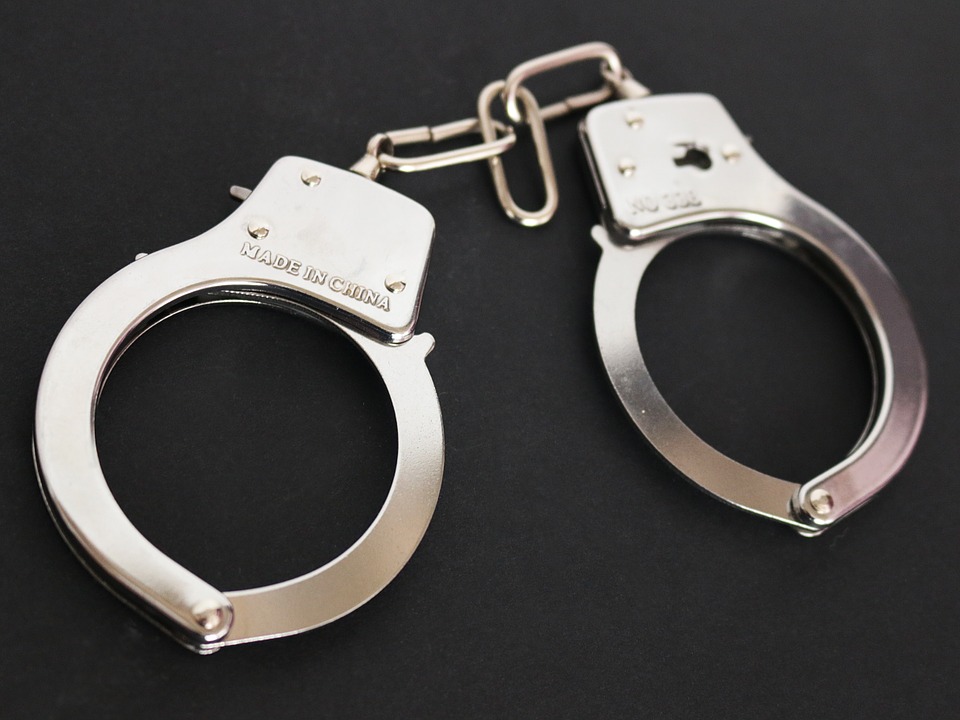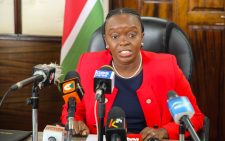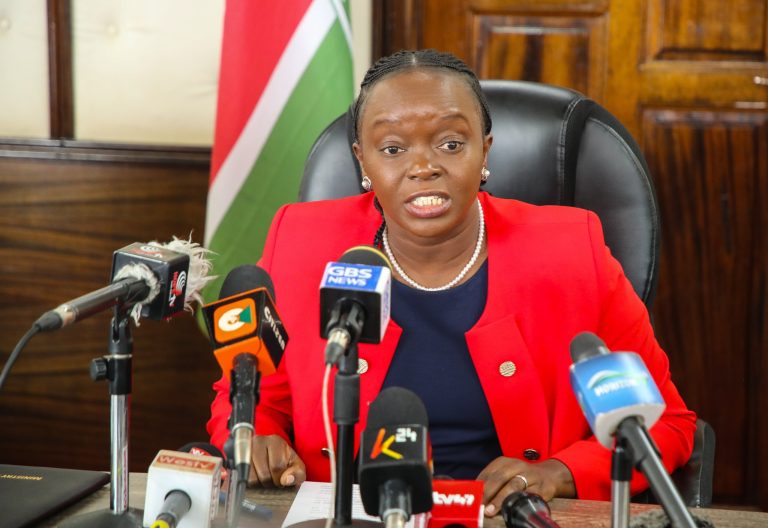Kagame says bloodshed in DRC’s east ‘not Rwanda’s problem’
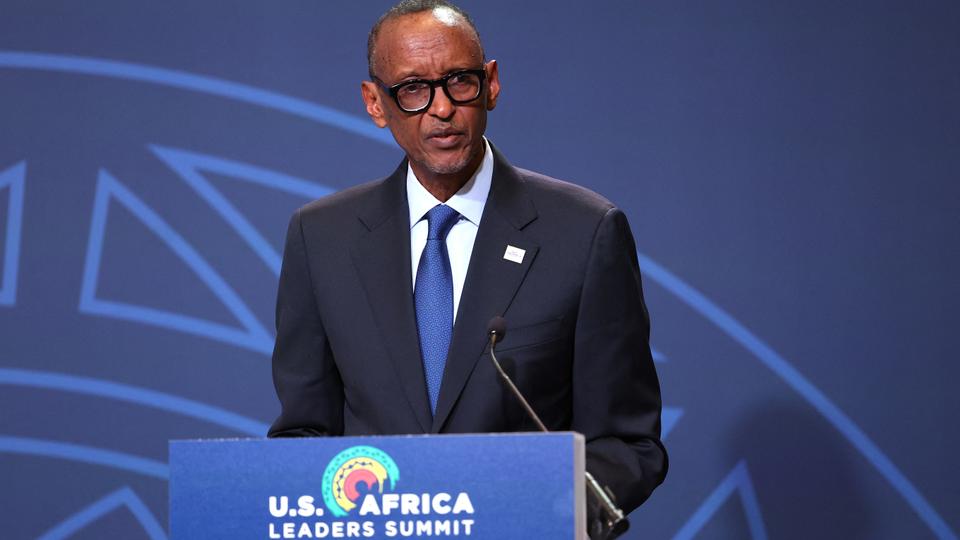
Rwandan President Paul Kagame has shrugged off a soaring death toll in the Democratic Republic of Congo (DRC)’s east, distancing his nation from mounting bloodshed on Rwanda’s doorstep.
“The problem was not created by Rwanda, and it is not Rwanda’s problem. It is Congo’s [DRC’s] problem,” Kagame told an audience off-site from the US-Africa Summit in Washington on Wednesday.
A preliminary investigation by the UN mission in DRC found that 131 men, women and children were shot dead or hacked to death late last month as part of reprisals against the civilian population by M23 rebels.
The insurgency is widely believed to be armed and supported by Rwanda, but Kagame disavowed any link to the group’s actions: “I cannot be responsible for… Congolese of Rwandan descent in Congo who are being denied their rights as citizens,” he said.
Fighting in the eastern North Kivu region has aggravated already tense relations between DR Congo and Rwanda.
Kinshasa expelled the Rwandan ambassador on October 29.
DRC President Felix Tshisekedi said on Tuesday in a meeting with US Secretary of State Antony Blinken that his country was a victim of an “aggression which is hidden, but it’s from Rwanda, and this has been destabilising.”
The UN’s top representative for the conflict told the Security Council last week the M23 armed group is to blame for a security situation, beginning October 20, that “has deteriorated dramatically.”
“An estimated additional 370,000 people have been uprooted and forced from their homes in the latest round of hostilities involving the M23,” Bintou Keita said.
Not choosing sides
Armed M23 fighters have advanced toward Goma, a city of some one million people that is the headquarters of UN humanitarian operations in eastern DRC, she said.
Kagame said he did not yet know whether he would meet with US President Joe Biden during the summit.
But asked what he would tell Biden if a one-on-one meeting were arranged, Kagame said: “Africa should not be ignored. Africa should not just be seen as a place with problems.”
Kagame acknowledged that both China and the United States jostle to gain influence in Africa, but his and other African nations will seek to avoid “choosing between the United States and China.”
“We resist being drawn to these big power plays,” Kagame said.
He dismissed Western critics who charge China with “debt-trap diplomacy,” lending money to countries it knows cannot repay to gain political leverage.
“We should blame it on both sides,” Kagame said, noting that both debtor and creditor nations face exposure.
